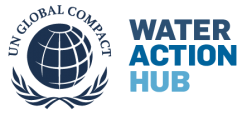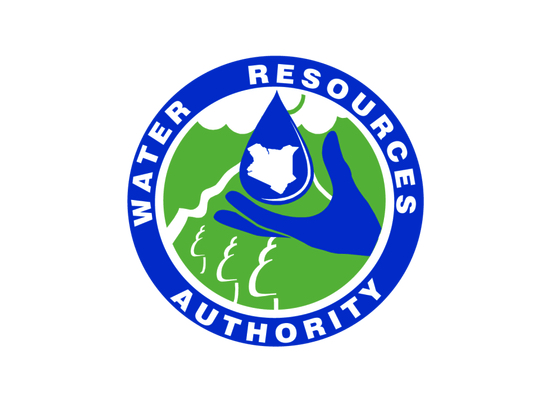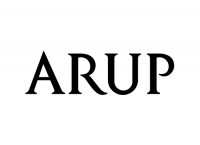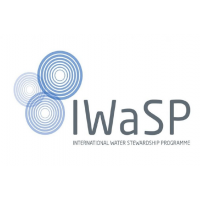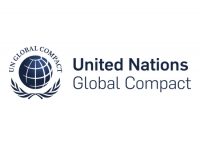Primary Functions
- Find guidance on enhancing the communication skills of WRUAs and improving the visibility of local user/community groups.
- Find information, strategies, and advice to enable you to become a better advocate for your WRUA.
Detailed Description
The development of the communication Toolkit was informed by the organizational capacity assessment that was conducted in 2015 by WWF Kenya Country Office as part of the IWRAP programme and in partnership with Imarisha Naivasha, WRA and GIZ IWaSP.
It has been developed to enhance the communication skills of the WRUAs in Kenya and is to be used by organizational capacity developers that work with WRUAs and natural resources management groups including CFAs and CBOs to strengthen their internal and external communication skills as well as improve visibility of the local user/ community groups.
The Communication Toolkit discusses the use of over 30 communication tools divided in four categories – governance tools, inclusive decision-making tools, advocacy tools, multi-purpose communication tools – that are most commonly used by WRUAs. It is based on the guidance provided through the WRUA Development Cycle (WDC) and borrows from best practices from around the world.
Advocacy is a deliberate process of influencing targeted actors or institutions in order to achieve desired policy, practice, social, behavioural or political changes that will benefit particular groups. It is the act of pleading or arguing in favour of something, such as a cause, idea, or policy; active support. There cannot be advocacy without communication. In order to be able to influence decisions within political, economic, social and legal systems, effective communication skills are fundamental in being persuasive and determining change.
The toolkit is based on adult training principles giving stepwise guidelines on how to develop and use the communication tools and it is more practical oriented. Its successful adoption by WRUAs has the potential not only to improve communication in and through WRUAs, but also enhance the visibility of the WRUAs, attract more financial support (through partnerships and new membership), increase WRUA efficiency, and improve the accountability, transparency and responsiveness of the WRUA.
